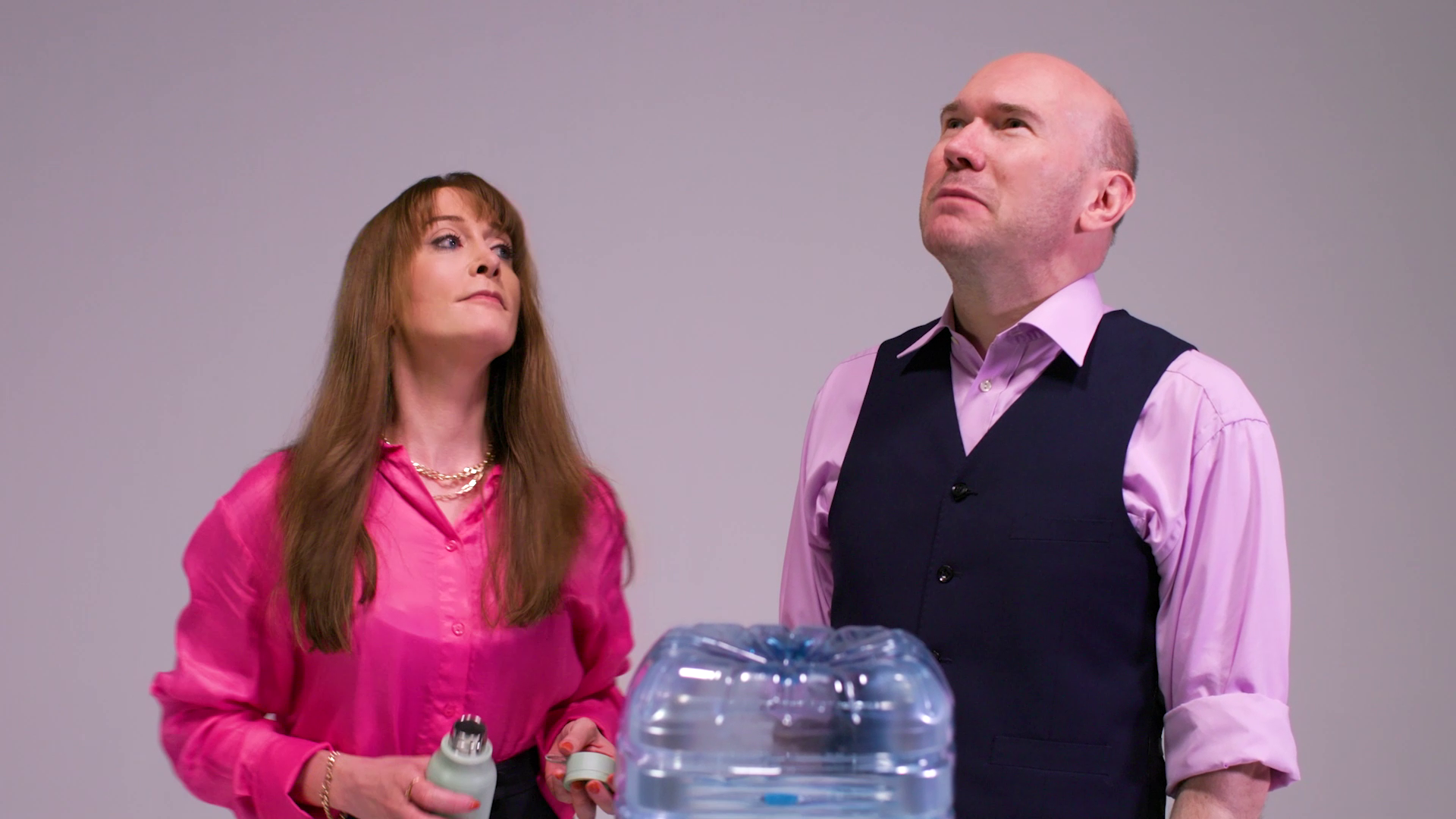…when we’re happy, we become more productive and our work becomes more enjoyable and rewarding.
Organisations face a constant struggle to improve their competitive advantage. One way to do it is to help people feel happier at work.
Shawn Achor, who lectured on positive psychology for 12 years at Harvard University, claims that people who are happy and have meaning in their lives are not only more productive and more resilient at work, they take less sick days, they perform better in leadership roles and they receive higher pay. He adds that optimistic salespeople outsell their pessimistic colleagues by as much as 56%.
This is great news for those for whom positivity comes naturally. But what about the rest of us? Can we really learn to become happier at work? According to Achor, yes we can, if we change the way we think about work, success and happiness.
Society typically defines success as fame, fortune and achievement. The conventional thinking on happiness is that if you work hard, you’ll be successful and by being successful, you’ll become happier. However most people who define success in these terms are unhappy and they’re likely to remain in misery. The problem with this way of thinking is that every time we’re successful, we change the goalposts of what success looks like. If we hit our sales target for the last quarter, we change the target for next quarter. If our happiness depends on our success, we’re constantly making it harder to achieve. Every time we change what success looks like, happiness gets pushed over the horizon.
Achor’s research shows that our brains actually work the opposite way. Happiness fuels success, not the other way around. When our brains are primed to be positive, we perform better than when we’re in a negative or neutral state. Achor calls this the Happiness Advantage*. The good news for organisations is that when we’re happy, we become more productive and our work becomes more enjoyable and rewarding. In other words, if individuals can find a way to get their brains to become more positive, their success rate will increase.
However, being happy at work isn’t easy. Negative thoughts and beliefs get implanted along the way in life. These can easily enslave us and our subsequent reactions to them can cause a negative outcome. This is partly because we all have patterns through which we view the world and we get stuck in these. For example, a tax manager who spends all day looking for mistakes in tax forms is more likely to come home and unwittingly notice what’s wrong in his home life. He’s primed to look for mistakes and he can’t break that pattern!
Training to change habits and mindsets
The learning point that needs to be delivered in organisations is that it is possible to imprint the brain with a positive pattern by creating a series of habits and mindset changes. The challenge is to help people to train their brains so they get stuck in a positive way of viewing the world. By encouraging individuals to change the way they think about work, L&D teams can help people to increase their happiness and their effectiveness.
What does this mean in practice? Well, you could train people to prime their brains to be happier at work by encouraging them to:
1. Create the habit of gratitude. Get them to write down three new things each day that they are grateful for. Make these things specific (not just “I’m grateful for my health”). If you spend two minutes a day doing this, your brain becomes slightly happier. Try doing it for 21 consecutive days (if you can do something for 21 days in a row, it becomes a life habit).
This works because the brain is a like a single processor. It is capable of devoting only a finite amount of resources to experiencing the world around us. This means that our brains give us a choice to choose to view the world through a lens that sees only the negativity, the uncertainty, the stress and the frustrations we feel or to choose to devote our finite and valuable resources to scanning our world for the things that make us grateful and for the possibilities of changing our environment. The more we devote resources to seeing hassles and complaints, the less of the resources our brain is able to devote to things we’re grateful for and for things that give us meaning.
Achor’s research shows that after 21 days of writing down things for which they’re grateful, former pessimists suddenly tested as low-level optimists.
- Exercise. Many people know that exercise releases positive endorphins and that when you exercise, you’re more likely to eat healthier. If you could exercise daily for 21 days in a row, the benefits would cascade into other areas of your life.
- Reduce multitasking. Our brains like to do one thing at a time. When we attempt to multitask, we decrease our success rate on those tasks. To be happier and more productive at work, people should try to do one thing at a time.
- Perform conscious acts of kindness. Altruism is a great way to feel good about yourself. Thinking of how you can help someone else changes how you see the world – from how is the world affecting me to how can I affect the world? It may seem a small change but this is very important. Train employees to find positive things that they can do for – or say to – other people.
By changing the way we think about work and changing our daily habits, we can increase our happiness. Altering the way you view the world takes an initial investment of energy but it gets easier over time.
These are just four suggestions. You can probably think of other habits that would help people to feel more positive if they were introduced on a daily basis.
The ripple effect of happiness at work
Interestingly, when we see someone smile, we smile too. Likewise when we see someone yawn. It’s called the ripple effect and you see it in all facets of life. Shawn Achor claims this is relevant to happiness because emotions get transferred between people in the same way. Put three people into a room and two of them will leave with the emotions of the one who was the most expressive. Feelings of stress, anxiety and uncertainty – or of happiness – can therefore be spread from one person to another.
This is why negativity can spread like wildfire in a company. However, so too can positivity. To create a positive ripple effect, train your managers to be expressive. Non-verbally they should smile and make eye contact with others. Verbally, they should give praise, thanks or positive feedback to others, so that people know when they’ve done a good job. Expressing positivity will increase the positivity of those around them so that it starts to spread across the organisation. Also, managers should give employees flexibility and control over their work, rather than trying to micro manage each and every task.
The L&D challenge is to encourage people to change their thinking and to start practising positivity. So, spread a little happiness throughout your organisation and create a lasting competitive advantage.



